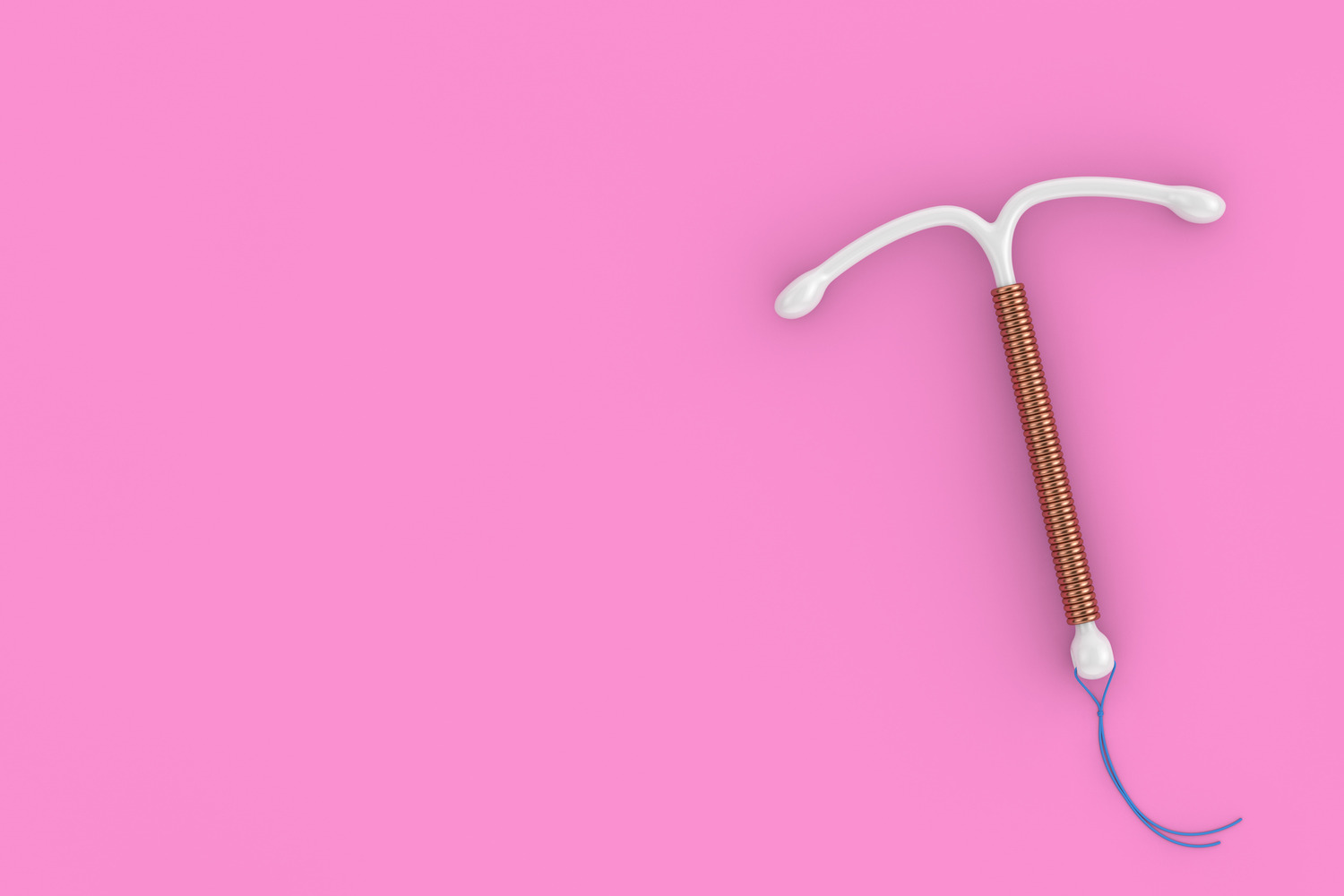 GPs will soon be able to undertake free training in the removal and placement of contraceptive intrauterine devices (IUD).
GPs will soon be able to undertake free training in the removal and placement of contraceptive intrauterine devices (IUD).
The training, provided by Sexual and Reproductive Australia in partnership with the RACGP, aims to provide women with more choice, lower costs, and better access to long-term contraceptives.
RACGP President Dr Michael Wright said long-acting reversible contraception, or LARC, was the “most effective contraception option for many women; however, unfortunately, uptake has remained relatively low in Australia”.
Around 70% of Australian women of reproductive age use some form of birth control, but an estimated one third have an unplanned pregnancy at some point in their lives.
This has been partially attributed to low uptake of LARC.
The AusLARC national training, also available to nurse practitioners, registered nurses and midwives, is delivered with funding set aside in the latest federal budget.
RELATED: Funding boost for women’s health includes more GP training
Launched during Women’s Health Week, it is hoped the training will boost the number of health practitioners qualified to provide birth control implant services, particularly in regional, rural, and remote locations.
Scholarships for regional, rural, and remote participants will be available to cover the costs of travel and accommodation to attend training.
Sexual Health Quarters Medical Educator Dr Alison Creagh said there were significant gaps in availability of IUD implant and removal services in some areas, which creates a situation of very limited accessibility, and long wait times.
“Not all patients are comfortable seeing a different practitioner for this service and instead choose a less preferred and less effective method of contraception,” she said.
SHQ trains around 25 GPs each year in insertion and removal of IUDs, but is unsure what portion of WA GPs are trained in doing so.
RELATED: Contraceptive choices for women with endometriosis
Dr Creagh said training to perform these procedures was highly recommended and was important to provide the safest possible service and avoid the numerous complications that could otherwise occur.
“Having a greater number of health professionals available to provide these services should reduce the barriers to access for many of our patients,” she said.
Dr Creagh would like to see copper IUDs covered on the PBS to reduce the significant costs to patients choosing this method.
She said providing all contraception either free or at a much lower cost would mean that patients have a “real choice of method, rather than just considering those they can currently afford”.
“This then has significant health benefits and reduces the risk of unintended pregnancies.”
Applications for the national training project can be made online.
Want more news, clinicals, features and guest columns delivered straight to you? Subscribe for free to WA’s only independent magazine for medical practitioners.
Want to submit an article? Email editor@mforum.com.au

